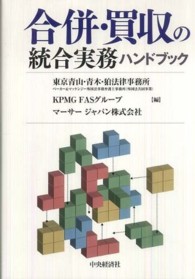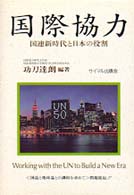Description
(Text)
The rapid growth of international students in UK
higher education increases linguistic diversity in
academic and social contexts in a British
university, and that raises issues regarding the
extent to which multilingualism influences
interactions and inter-relationships between tutors
and international students within classroom
settings. This study explores the factors affecting
the ways Thai students position themselves in
relation to their tutors and peers with regard to
oral participation in pre-sessional EAP and
postgraduate classrooms. The findings reveal how
the construction of the Thai students' identities is
influenced by linguistic ideologies and power
relations existing within classroom settings and the
wider socio-political environment. This study
suggests EAP tutors acknowledge the status of
English as an international language to enhance
international students' classroom participation. It
is also vital to improve the attitudes of students
and academic staff regarding social inclusion and
tolerance towards international students who bring
about a positive, intellectual and social climate
within the British university landscape.







